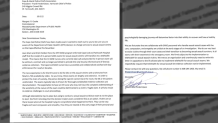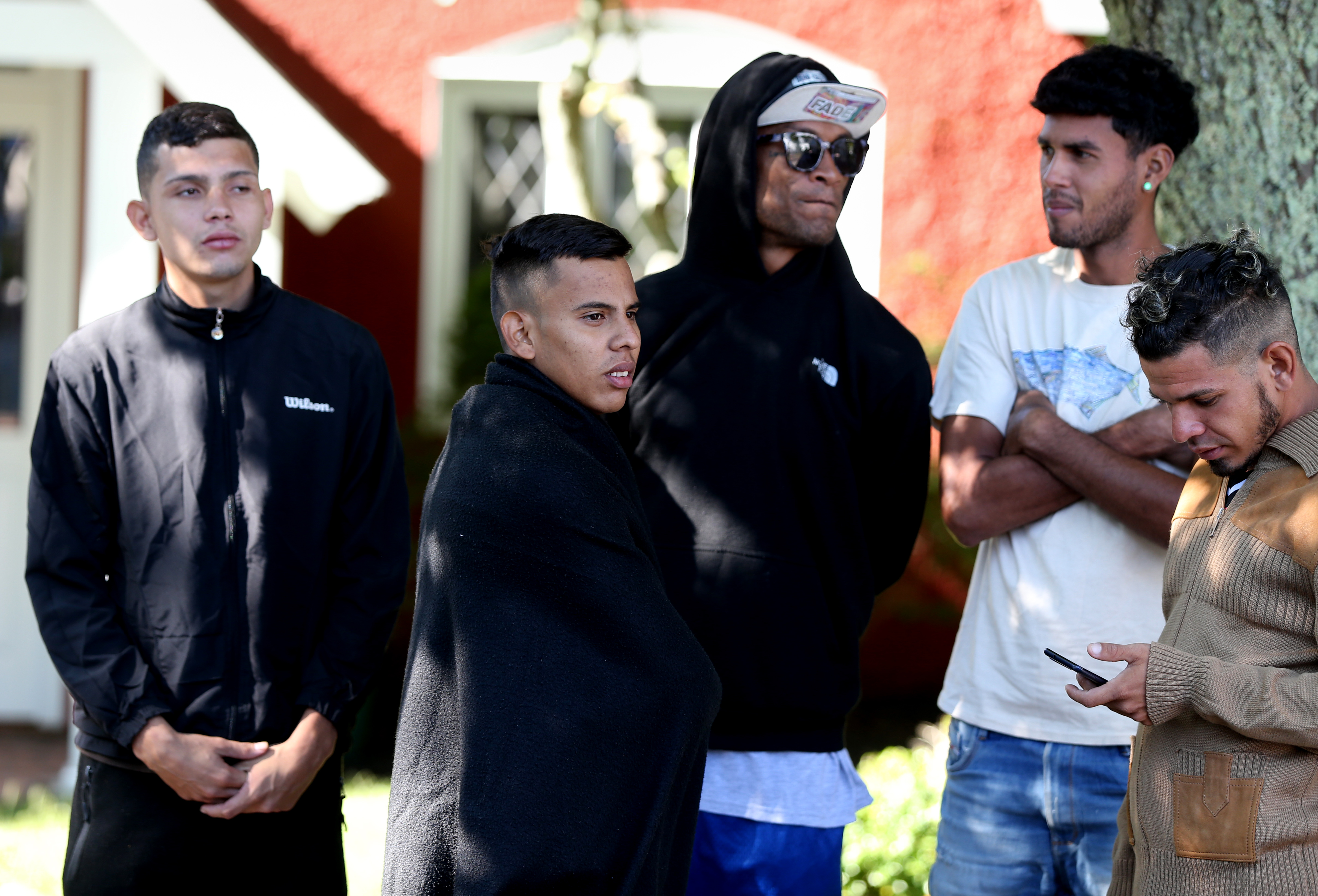Treating sexual assault victims is delicate work handled at Cape Cod Hospital by specially trained nurses. But for many victims, that is about to change — despite the objections of nurses, politicians and law enforcement.
State Rep. Tim Whelan got a letter from the Massachusetts Department of Public Health saying they are going to replace sexual assault nurse examiners (SANE), who are trained to gather evidence from victims of sexual assault with compassion, recognizing the trauma they have endured, on evenings and weekends later this year.
WATCH ANYTIME FOR FREE
Stream NBC10 Boston news for free, 24/7, wherever you are. |
State health officials said in the letter they are turning to a telehealth model, where an emergency department nurse would be guided via computer by a SANE nurse.
A Department of Public Health representative confirmed to NBC10 Boston that it was transitioning to a hybrid model of the SANE program on the Cape by Nov. 14., citing few patients and trouble recruiting and retaining trained nurses, though it continues recruiting for its next training session in April.
Get updates on what's happening in Boston to your inbox. Sign up for our News Headlines newsletter.
Resources for victims of sexual assault are available through the National Sexual Violence Resources Center and the National Sexual Assault Telephone Hotline at 800-656-4673, and Massachusetts provides this list of statewide and resources for sexual assault survivors.
Yarmouth Police Chief Frank Fredrickson called the transition a bad idea, and sent a letter to the Department of Public Health on behalf of the Cape and Islands Police Chiefs Association objecting to it.
"Talking with my peers and sexual assault victims, they can't believe that this is even being considered," he said.
Health department didn't talk to law enforcement about this, according to Fredrickson.
“We're a critical piece of what happens with a sexual assault victim in those early stages, when someone's at their worst," he added.

Dealing with the psychological and emotional trauma is one part of the job, but there are other important ones, too, Fredrickson said: "There's evidence issues, collection — where's it go? Is it done right?"
Whelan said state officials told him there are not enough SANE nurses and that this hybrid model is already in place on Nantucket and Martha's Vineyard.
“I think that we can understand on the islands, because it's a different animal over there. You have to take a plane or boat to get over there and sometimes, depending on weather, you can't get there at all," he explained.
Get updates on what's happening in Boston to your inbox. Sign up for our News Headlines newsletter.
But the state representative doesn't think it a good idea for the Cape.
“Not only in the evidence collection, but they are also trained in providing the emotional support to these poor souls who have just become the victims of the most personal violation imaginable," Whelan said.
The Department of Public Health's response to a request for comment, which came after this story was published, noted that there are eight SANEs currently contracted for the Cape, while a minimum of 18-20 are required, ideally 25, for the round-the clock coverage the program is meant to provide.
There were no missed cases on the Cape this fiscal year, according to program records shared by the health department, but the representative characterized the staffing levels as not sustainable. Over the last five years, about three patients have been treated through SANE per month.
Cape Cod and Falmouth hospitals were informed of the switch to the hybrid program, which will offer tele-health SANE services outside of 9 a.m.-3 p.m. on weekdays starting Nov. 14, the agency said. Ten hospitals already use the program, through which the SANE expert coordinates coverage with in-person hospital staff and stays with the victim virtually, and 82 people received help through the TeleSANE program statewide this fiscal year.



